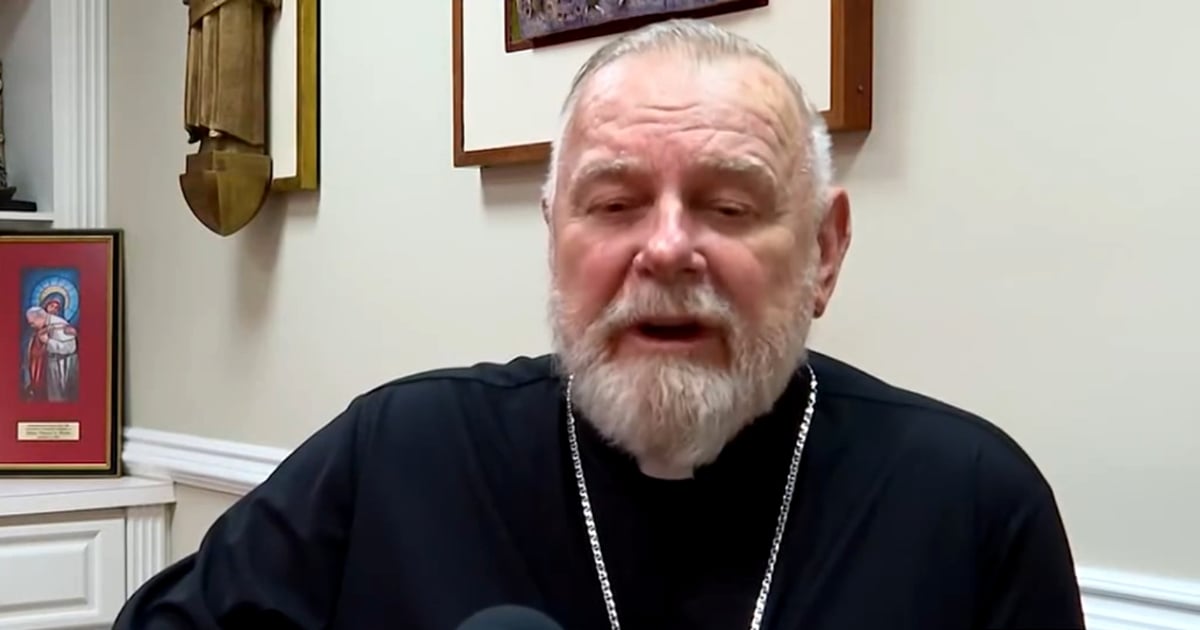Archbishop Thomas Wenski of Miami expressed his approval of the recent release of 553 political prisoners in Cuba, an announcement that coincided with the Biden administration's decision to remove the island from the list of state sponsors of terrorism. During an interview with journalist Mario Vallejo from Univision, Wenski remarked, "Many of them were imprisoned following the July 2021 protests. It's crucial that these individuals regain their freedom."
The release was confirmed by both the Cuban regime and the Catholic Church, which has been actively involved in negotiations to secure this outcome. Archbishop Wenski highlighted the Church's role as an independent institution in Cuba, dedicated to advocating for civil society amidst a politically constrained environment.
Although the State Department clarified that removing Cuba from the terrorism sponsors list is not directly linked to the prisoners' release, the simultaneous timing of both announcements has sparked speculation. Wenski noted, "Removing a label doesn't change what Cuba is, but it's an important gesture if it contributes to freeing the prisoners."
Despite the significance of this development, the complete list of released prisoners remains undisclosed. Families of the detainees are eagerly awaiting more details about the terms of this measure, with concerns arising over whether some might be forced to leave the country, as has happened in past instances.
The release accounts for approximately 20% of the total political prisoners on the island, according to independent estimates. This move could signify a turning point in the relationships between the Cuban regime, the Catholic Church, and the international community. However, questions linger regarding the impact of these decisions on Cuba's political future and the living conditions of its people.
This politically sensitive action could have significant repercussions on the global perception of the Cuban government and its relationships with the United States.
Key Questions on the Political Situation in Cuba
Why were 553 political prisoners released in Cuba?
The release was announced simultaneously with the Biden administration's decision to remove Cuba from the list of state sponsors of terrorism. It is a significant gesture aimed at improving civil liberties on the island.
What role did the Catholic Church play in the release of Cuban prisoners?
The Catholic Church was actively involved in negotiations for the prisoners' release, serving as an independent advocate for civil society in Cuba.
How might this release affect Cuba's international relations?
This action could alter the international view of the Cuban government and influence its diplomatic relations, particularly with the United States.
